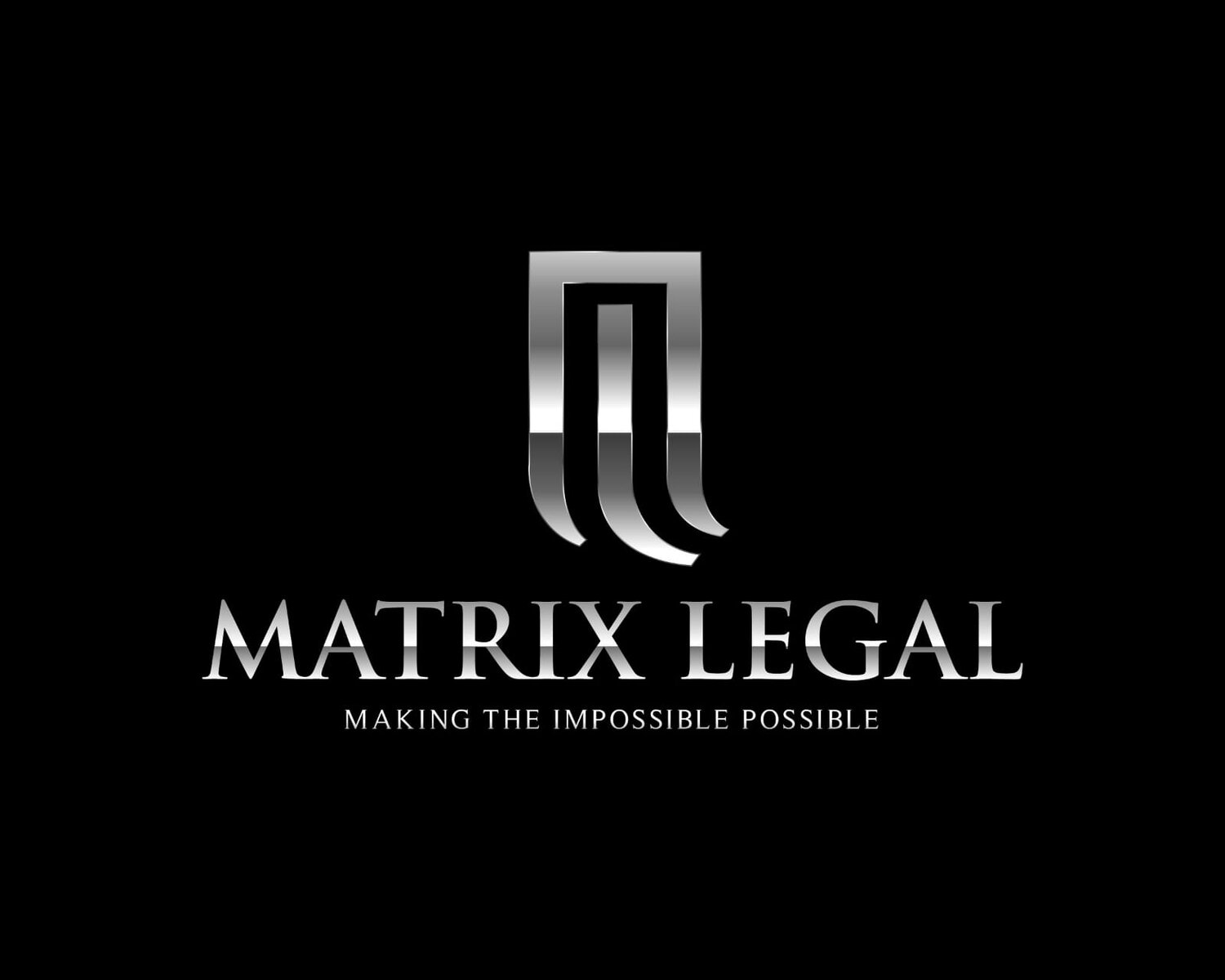What Does Defamation Mean?
Defamation is a tort – a civil law cause of action. It was developed under common law and split into two different types of claim: liber and slander.
Libel was defamation of an individual in writing, while slander was defamation of an individual through speech.
The distinction between libel and slander was abolished in 2006 when Australia’s States and Territories adopted uniform defamation legislation.
Although there are minor variations between States and Territories, the uniform legislation was adopted to ensure the law of defamation did not unreasonably limit freedom of expression, would provide effective and fair remedies for persons whose reputations are defamed, and promote speedy and non-litigious methods for resolving defamation disputes.
Defamatory material can take many forms including blogs, articles, novels, poems, photos, songs, emails, cartoons, drawings, paintings, online reviews, social media posts, radio & television broadcasts and more.
If you state or spread something defamatory in any public forum, including over the internet, you could be taken to court.
Defamation law aims to strike a balance between permitting the free distribution of information, ideas, and opinions, and protecting individuals and small businesses from having their reputations tarnished or destroyed
Call Me On
1800 950 627
Defamation Legal Fees
Our defamation cases are run on a fee for service basis, meaning that fees and costs are paid for as they arise throughout the case. We'll provide you with a costs agreement before asking you to sign anything which outlines our fees and the likely costs involved in your case.
Before we start any work on your behalf, we'll explain to you in detail:
How we calculate our fees
The likely costs involved to prepare and run your case
Any additional costs that may be incurred
Any costs that may be recoverable from, or payable by you, to the other party.
Our fees are never calculated as a set percentage of the compensation you will receive if your case is successful. This is common in the United States, but is not permitted in Australia. You'll only ever be charged for the work we perform for you.

